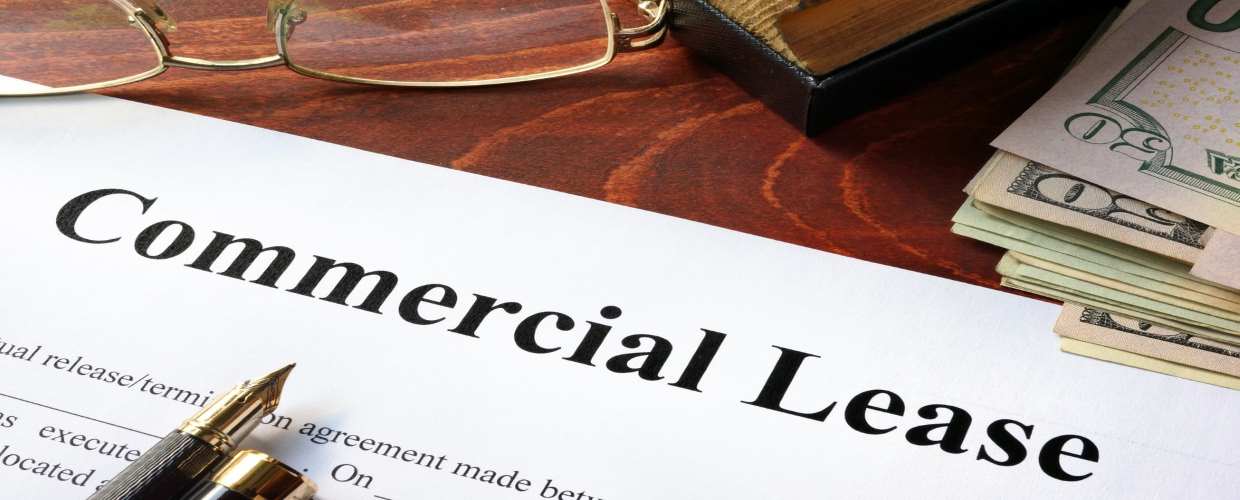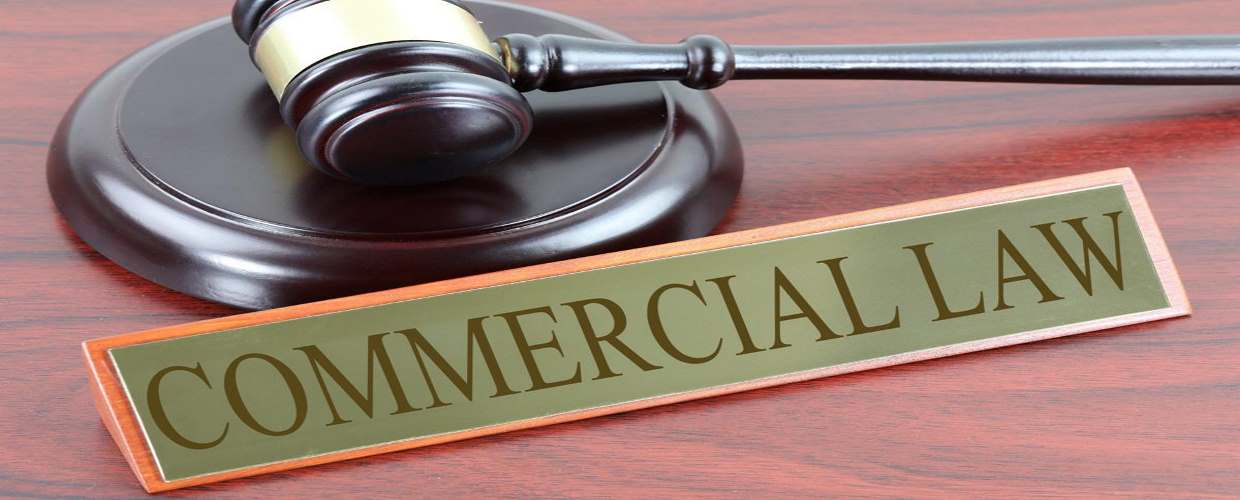As a business owner, you’ve likely got enough to worry about in your daily operations without needing to give any spare time to fire protection. However, as inconvenient as it might be to dedicate time to something that probably won’t happen, it’s essential to be prepared.
Not only can it be a legal requirement, but it could also save lives. Here are some fire safety tips from fire services that could be important while you’re putting your workplace fire safety plan into action.
Have An Evacuation Plan
Most people know that they should leave the building immediately if they see, hear, or smell fire. However, how they leave the building and what they should do next isn’t always clear. It can be if you put an evacuation plan into place and train your staff on what’s involved in it.




